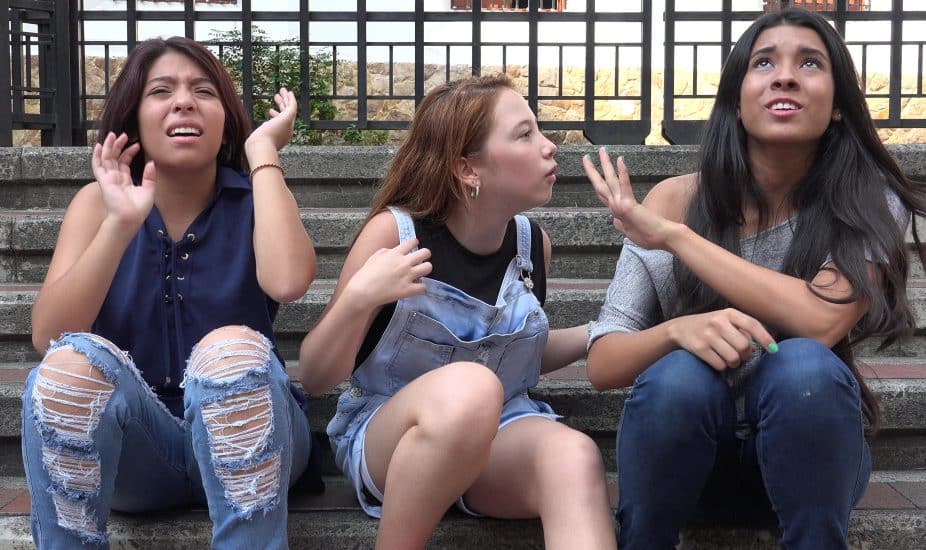A crucial piece for the overall wellbeing of any kid is the quality of their peer relationships. But, what happens when a kid experiences conflict or disagreement between friends? Helping them build the critical skills of conflict resolution will enable them to build strong bonds. Without strong relationships, research shows that kids are more likely to engage in dangerous, risky behaviors in order to find the acceptance they crave.
Conflict is awkward. Uncomfortable. Distressing. Overwhelming. Vulnerable. And, on the other side of it is all the good stuff — connection, intimacy, commitment, support, and love.
We want every kid to have every opportunity to thrive in life and live a life that’s rich, deep, and filled with love. So, we have to teach kids how to resolve conflict. It’s not something that you just pick up. It has to be deliberately modeled, taught, and affirmed. By us, the adults in their lives.
Here are 3 principles for conflict resolution we think you’ll find useful. Practice them yourself and share with your kids and students.
1. Recognize there’s conflict:
2. Take accountability and own your part:
3. Commit to repairing:
It’s difficult to imagine someone going through life and building authentic, supportive relationships, the kind that everyone wants and everyone needs in order to thrive, without learning how to practice conflict resolution. What are the other options? Shallow friendships where we avoid getting too close? Shutting down friendships and moving on when things get uncomfortable or awkward?
Resolving conflict isn’t for the faint of heart. It’s not easy, it’s incredibly vulnerable, but on the other side of a conflict is a deeper connection, stronger commitment, and a more meaningful life. It’s worth it. We have to teach our kids how to resolve conflict.
Join thousands of parents and teachers leaning in to better understand how to guide kids to make healthy choices so they can thrive in life.
When you sign up for the Natural High Essentials, you’ll get:
- Weekly relevant articles with key insights
- Actionable exercises and activities you can do with your kids/students
- The latest research on neuroscience, adolescent development, and prevention
- Simple strategies that educators and families can use to build better relationships with their kid(s)
- The most effective ways to break through and teach meaningful life lessons

